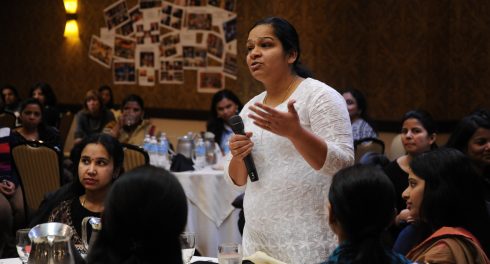
Photo: Unsplash
Contributor: Twaweza
The delivery of effective education, health and water services is essential to human  wellbeing and spurring economic growth. Governments have expanded investments in these services in recent years; and in many countries today typically one third of public monies are spent on education, health and water. For citizens the use of these services provide the most common interface with their governments and the most tangible manifestation of the state-citizen compact, and this experience shapes their sense of trust in and expectations of government.
wellbeing and spurring economic growth. Governments have expanded investments in these services in recent years; and in many countries today typically one third of public monies are spent on education, health and water. For citizens the use of these services provide the most common interface with their governments and the most tangible manifestation of the state-citizen compact, and this experience shapes their sense of trust in and expectations of government.
However, in practice, the value and reliability of basic services is often very poor. Massive investments have not led to achievement of outcomes. Many people, particularly the poor, are forced to fend for themselves as schools go without adequate books, teachers and learning, dispensaries lack medical supplies and trained personnel, and water points cease to function or cost too much. Large disparities among populations persist; further eroding the social fabric and undermining popular aspirations. In the face of these difficulties, local governance and oversight mechanisms tend not to function well, leaving citizens without practical recourse to remedy. Promoting greater transparency and imaginative opportunities for citizen engagement may help trigger better use of public funds, greater responsiveness and improved service delivery.


